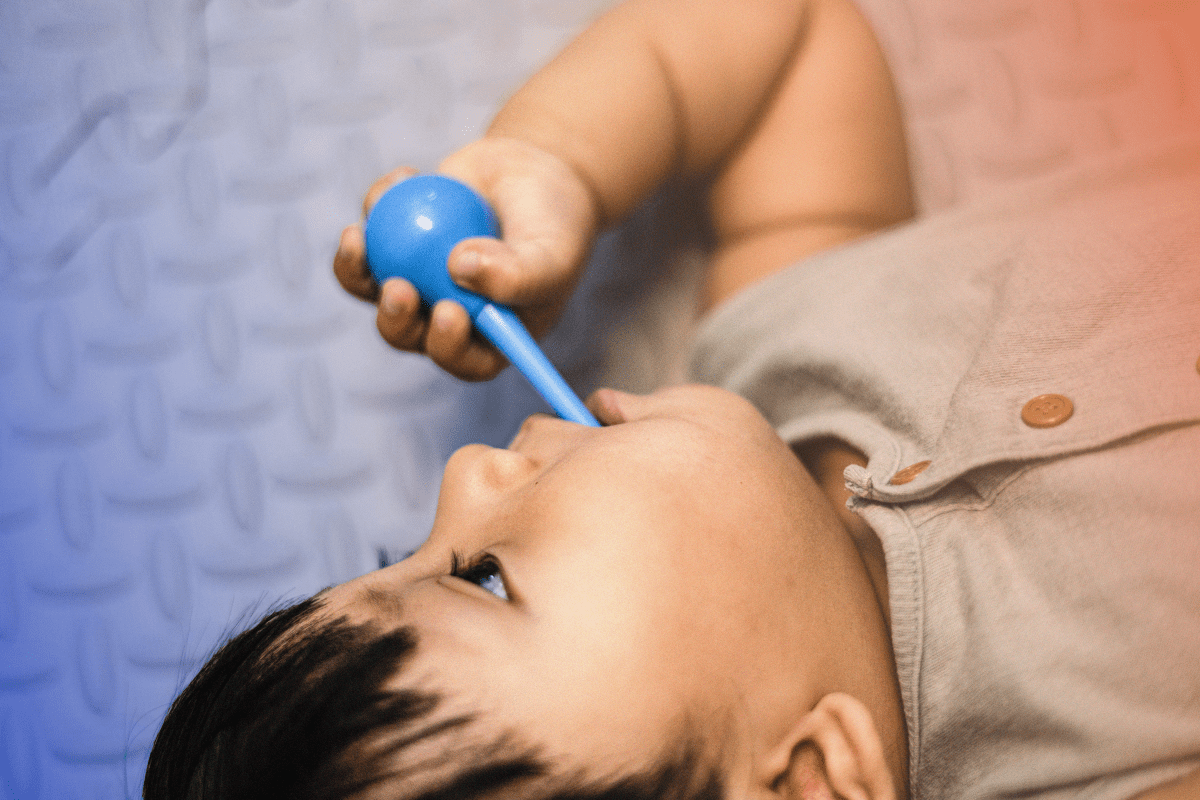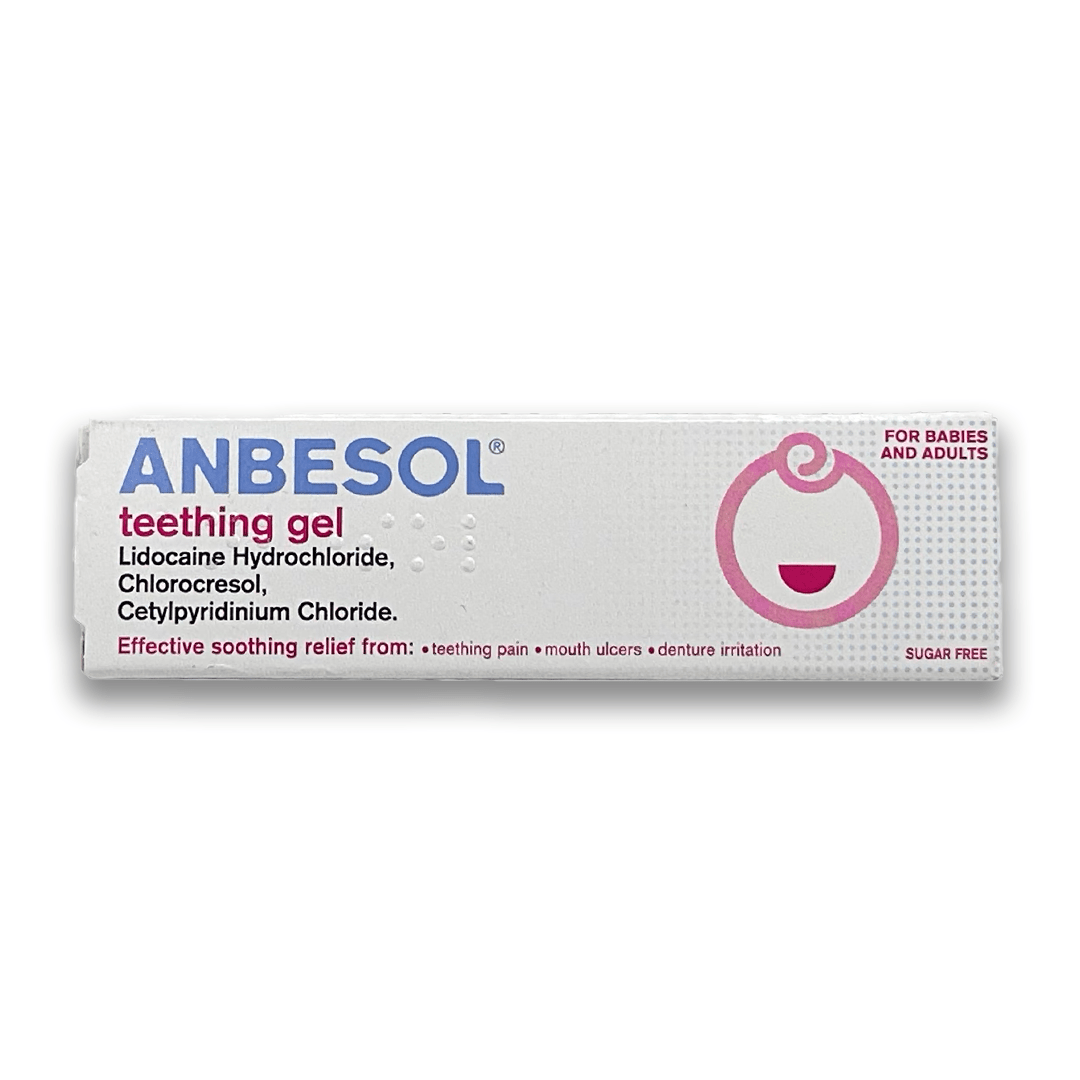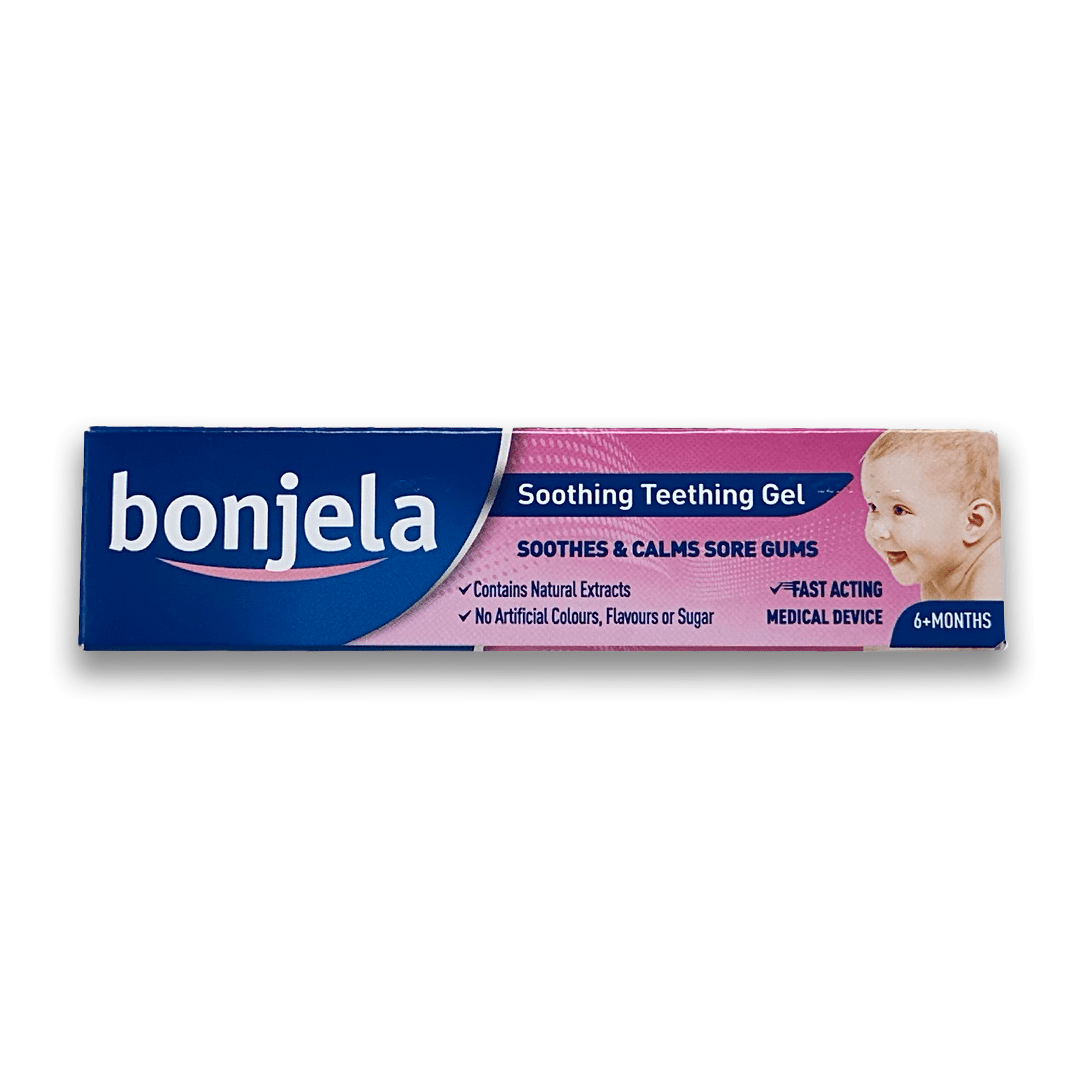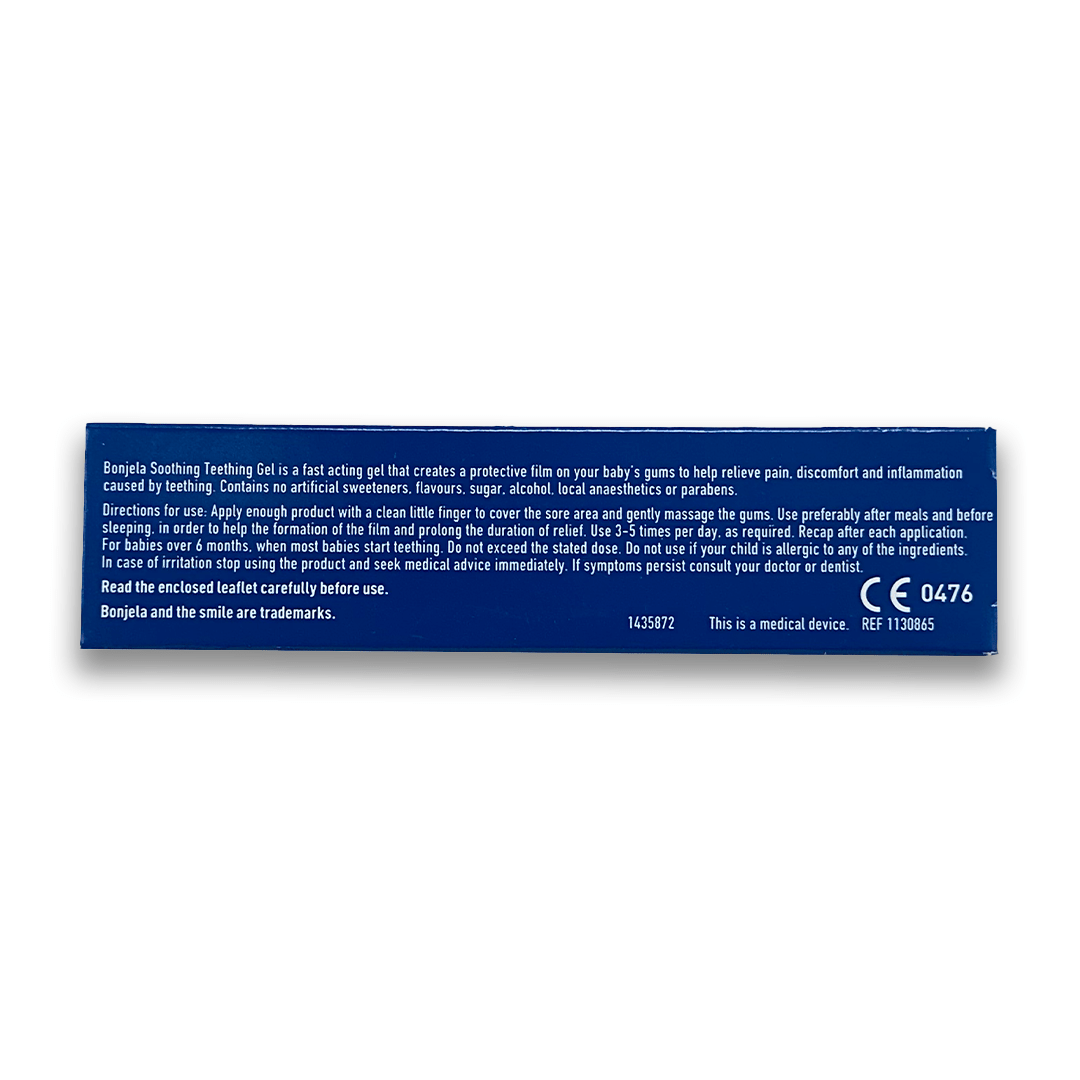

حول العناية بالفم للأطفال
سبب
تشخبص
العلاجات
Management
مزيد من المعلومات:
أسئلة وأجوبة
When does teething typically start?
What are the common signs of teething?
Does teething cause any other issues?
Should I worry if my baby hasn’t started teething yet?
نحن هنا للمساعدة 👋
للحصول على المساعدة، يرجى الاتصال بخدمة العملاء لدينا على info@rightangled.com. نحن متواجدون من الاثنين إلى الجمعة من الساعة 8 صباحًا حتى 5 مساءً. بالنسبة للقضايا العاجلة، يرجى عدم استخدام هذا البريد الإلكتروني. بدلاً من ذلك، اتصل بالرقم 111، أو اتصل بالرقم 999 في حالة الطوارئ.




